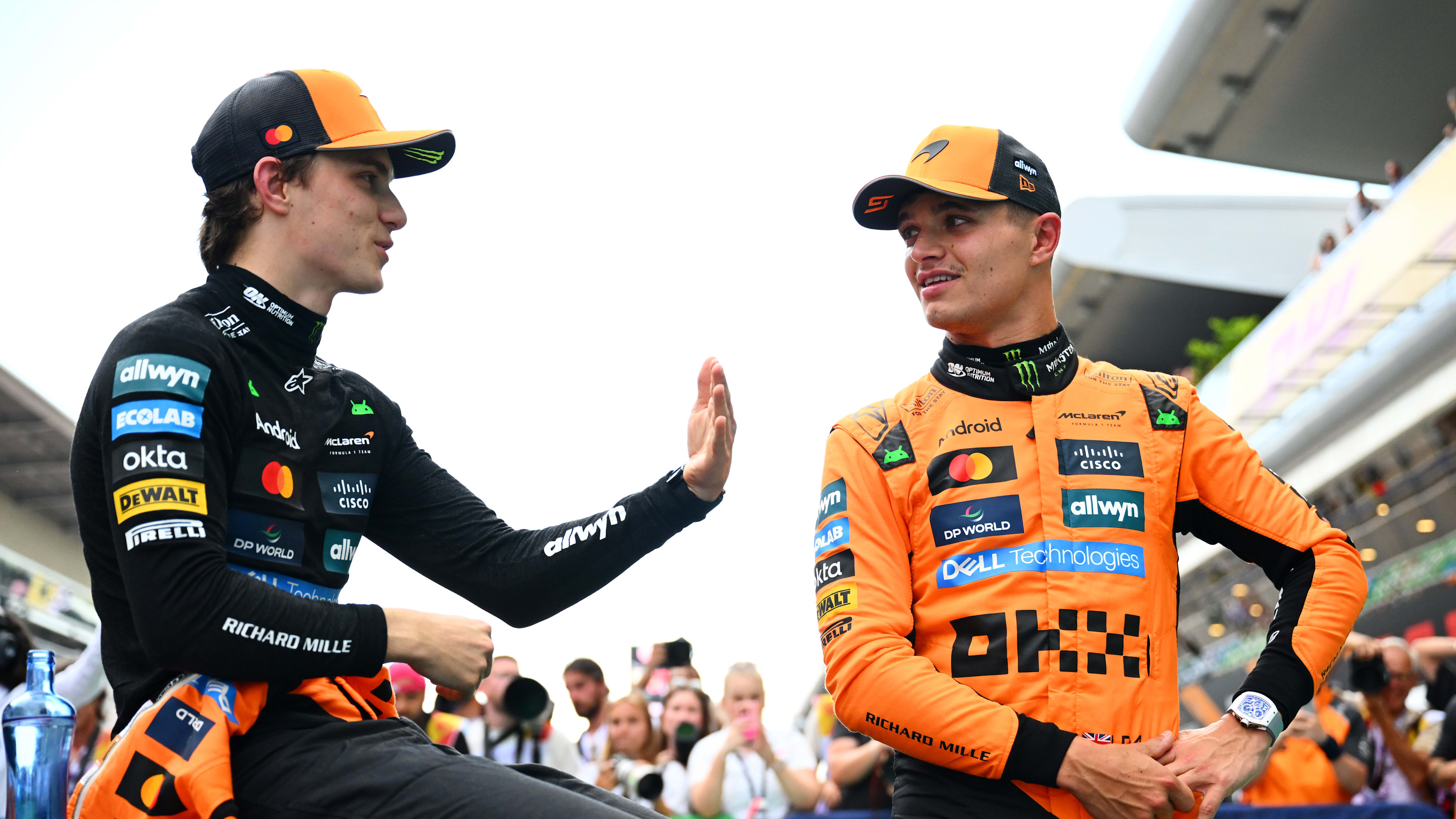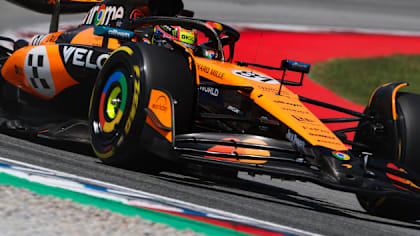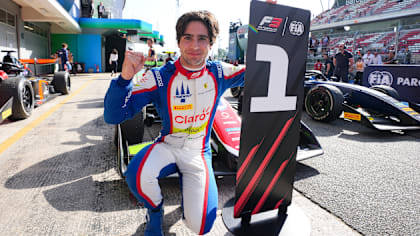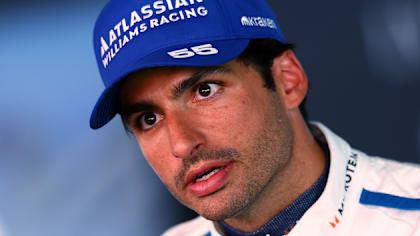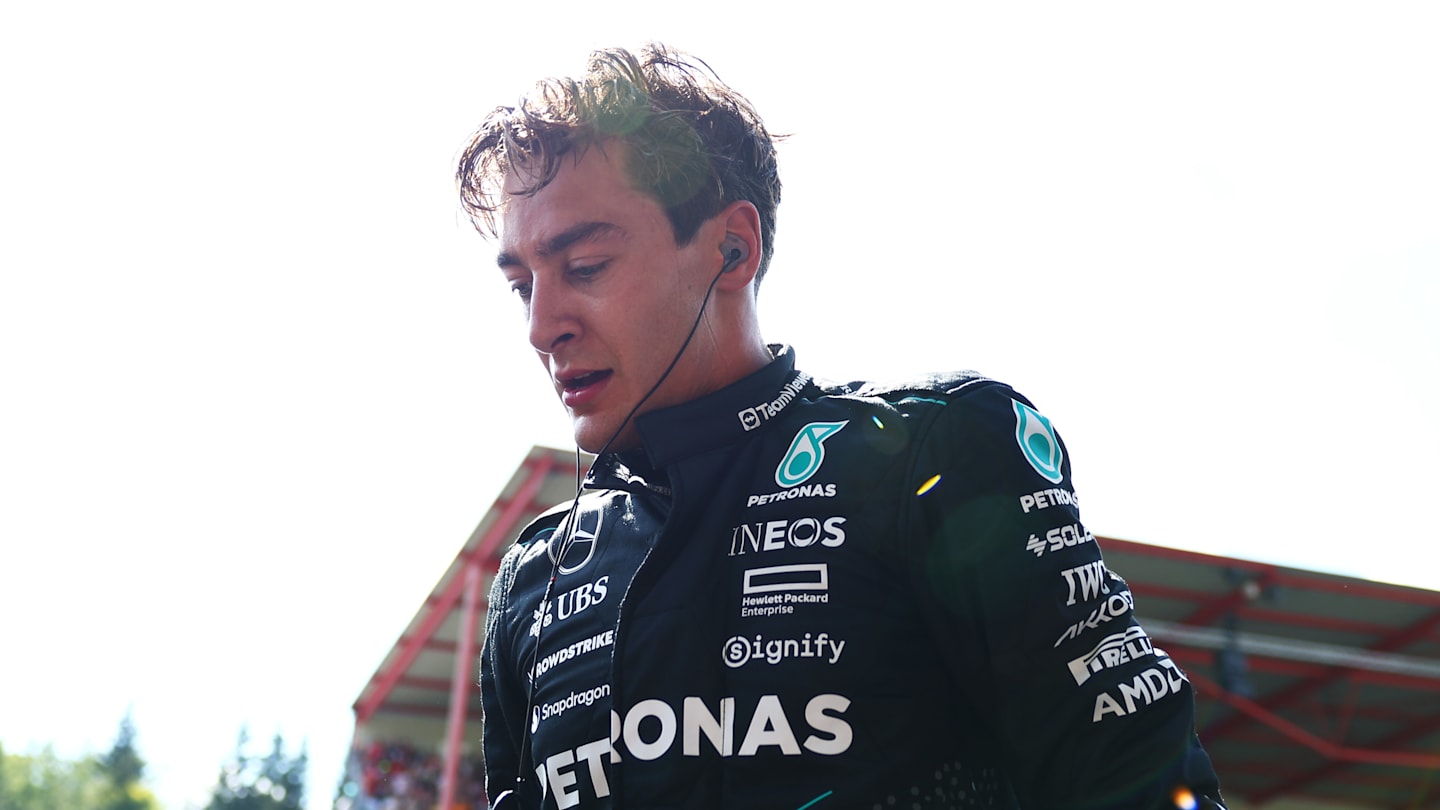
News
Mercedes explain initial findings as to why Russell's car was underweight in Belgium
Share

Mercedes have given an initial insight into why George Russell’s car was underweight following the Belgian Grand Prix, which resulted in the Briton being disqualified after originally taking the win.
Russell had utilised a one-stop strategy to put himself into the lead of the race and, despite his tyres falling off as the event entered its latter stages, the 26-year-old managed to hold off his charging team mate Lewis Hamilton to claim P1.
However, it was confirmed later on that Russell had been disqualified when his W15 was found to be underweight, meaning that Hamilton was promoted to race winner.
Reflecting on why this happened in the team’s post-race debrief, Trackside Engineering Director Andrew Shovlin explained some of the possible contributing factors, as well as stressing that the squad will thoroughly investigate the cause in order to ensure that there is no repeat going forwards.
“It was obviously very disappointing and unfortunate, particularly after he [Russell] had driven such a strong race to win from so far back,” said Shovlin. “We are trying to understand exactly what happened. A lot of that involves us getting the weights of all the different components.
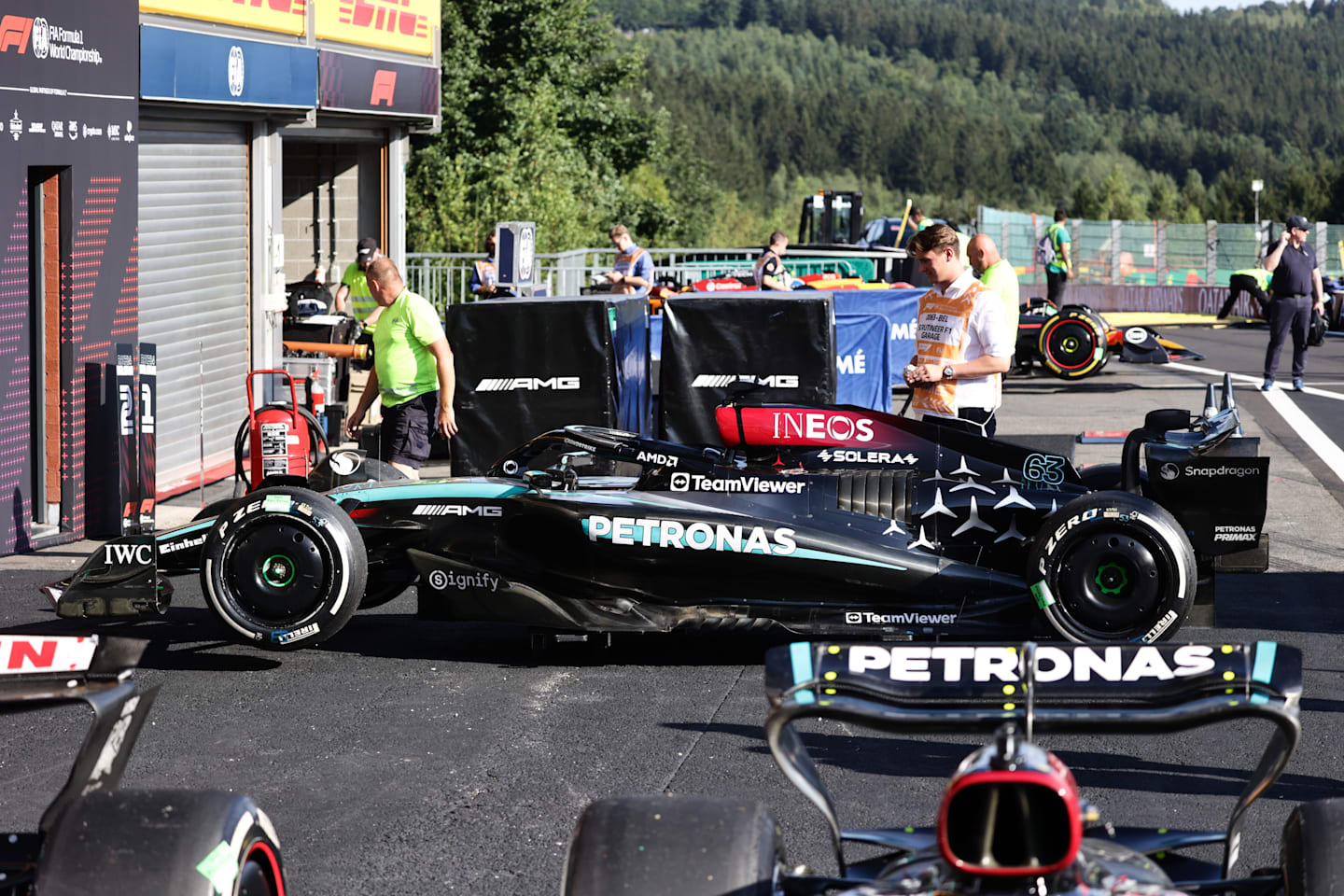
Russell was stripped of his victory in the Belgian Grand Prix after his car was found to be underweight
“The car can lose quite a lot of weight during the race. You get tyre wear, plank wear, brake wear, oil consumption. The driver themselves can lose a lot, and in this particular race George lost quite a bit of weight.
“The cars started the race the same weight. Lewis and George were both weighed after qualifying. The cars were within 500 grams. George's car was the only one that had the problem, and it is because things like the tyre wear was much higher.
“It looks like we lost more material on the plank. We will collect all that data though, look at how we can refine our processes because clearly, we do not want that to happen in the future.”
Regarding the impact that Russell being underweight would have had, Shovlin added: “In terms of pace at the start of the race it is nil because George's car and Lewis' car start the race at the same weight.
“Obviously, as George's car was losing weight faster than Lewis' throughout the race, there is an associated gain with that. But you are into the hundredths of a second per lap. It will be very small because when you are talking about amounts like one or two kilos, they do not amount to a lot of lap time. But as I said, at the start of the race the cars were the same weight.”
Jolyon Palmer's Analysis: What caused Russell's car to be underweight? | Workday
While there were mixed feelings for Mercedes after the event – with one driver losing a victory and the other gaining one – Shovlin admitted that the team’s overall performance in warm weather at Spa-Francorchamps was a positive sign, given the W15’s tendency to perform better in cooler conditions.
“It was very much a bittersweet moment,” Shovlin added. “It was a fantastic finish to the race. To get the cars home one-two was a real achievement, particularly because we had had such a difficult Friday.
“But overall, aside from the disappointment, the team is really encouraged by the performance. It was a great turnaround by the engineering team to get the car sorted out to perform so well in the race.
“It was also encouraging for us as hot circuits have not been our strength this year. The track was pretty hot there in Belgium and we were able to perform really well, particularly on the long run.
“George obviously did one of the longest stints of anyone. Plenty of positives for sure, and just a shame that we could not keep the result.”
YOU MIGHT ALSO LIKE
Report FP3: Piastri quickest ahead of Norris and Leclerc in third practice for the Spanish Grand Prix
new
Live Blog LIVE COVERAGE: Piastri leads Spanish Grand Prix as Verstappen passes Norris for second at start
Report F3: Camara in top form in Barcelona to claim third win in 2025
News Sainz rues ‘very tricky’ Qualifying that left him in the ‘middle of nowhere’ at his home GP in Spain
